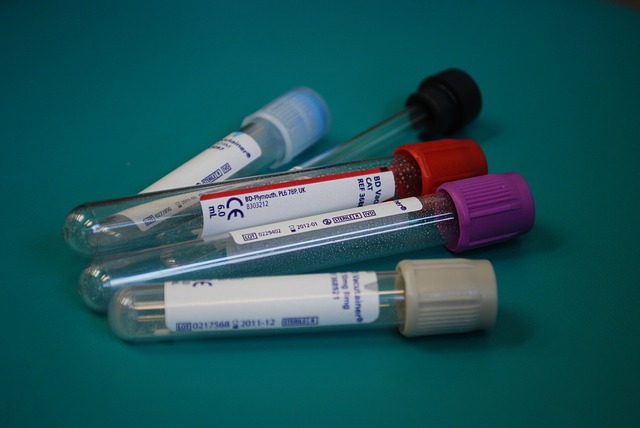Biotin in a B-vitamin that is crucial for blood sugar regulation, hair growth and the health of our skin and nails. However, too much biotin can interfere with many common test results, leading to erroneous results.
It has been known for some time that biotin can interfere with common thyroid test results, including TSH. New research has shown that biotin can lead to falsely high results that involve the use of streptavidin-biotin in a competitive immunoassay format, including:
- Free T4
- Free T3
- Testosterone
- Estradiol (E2)
- Progesterone
- DHEA sulfate (DHEA-S)
- Vitamin B12
But the interference doesn’t stop there. In fact excess biotin can lead to falsely low results for tests that involve a sandwich immunoassay format, including:
- Thyroid stimulating hormone (TSH)
- Prostate specific antigen (PSA)
- Parathyroid hormone (PTH)
- Luteinizing hormone (LH)
- Follicle stimulating hormone (FSH)
The key takeaway from these studies is that high concentrations of biotin can interfere with many common tests. This won’t matter for most people taking biotin in a multi-vitamin supplement or a standard B-complex. However, for people taking high-dose biotin (>1 mg/day), they should discontinue the biotin supplementation for at least 72 hours prior to getting these blood tests completed.
Reference
Trambas CM, et al. More on biotin treatment mimicking Graves’ disease. N Engl J Med. 2016;375:1698.


